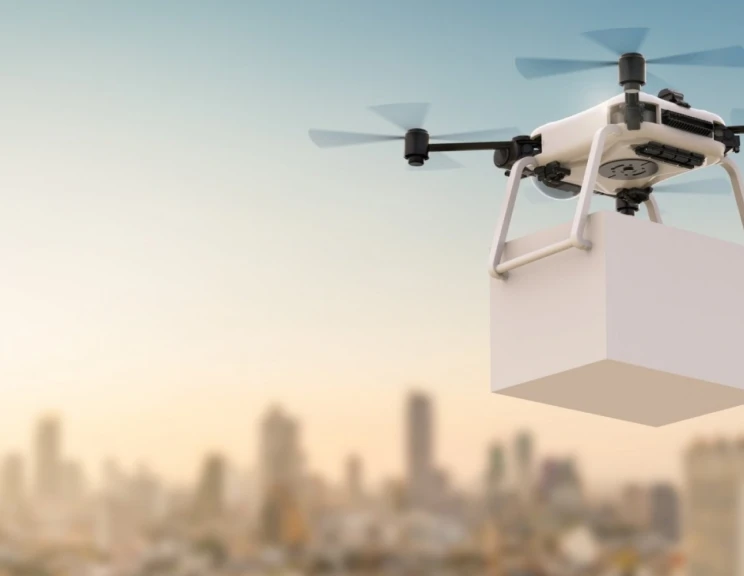
COVID-19 has made us panic buy things we’ve never thought of before, from facemasks, hand sanitisers, to toilet papers – the shift in consumer preferences has been very sudden. Amid the chaotic market situation and unpredictable consumer behaviour, 14 percent of companies across all sectors still manage to improve their sales growth and margins1. What’s their secret? My guess, it’s Artificial Intelligence.
Changing customer behaviour in COVID-19 time
The pandemic has triggered a sudden socioeconomic shift from physical to digital, both for consumers and businesses. Consumers are rapidly switching to digital channels, as the number of first-time online buyers went up by 76 percent and online orders increased by 80 percent in the first quarter. This is tricky, even for a trillion-dollar e-commerce company like Amazon, which wasoverwhelmed by customers’ unpredictable purchasing patterns and bulk buying that it started nudging customers to shop less. Further, this pandemic has caused hiccups in many parts of a company’s operations, including inventory management, sales forecast, customer support, etc. and business leaders need to act fast to adapt to this ever-changing purchasing behaviour.
How could AI help?
When consumers are uncertain about how this pandemic might evolve, they are uncertain about what to buy. These uncertainties mean that businesses can no longer rely on their historical data and traditional ways of predicting future purchasing patterns. This is an area where AI and predictive analysis can help. As AI can process billions of data point in a flash and separate the signals from the noise, it provides companies with meaningful insights and detects even the most subtle changes in consumption behaviour. Understanding this, firms can reduce the pricey unknowns about their customer preferences and make the best-informed decisions. Beyond getting inside the mind of customers, AI-generated insights also enable companies to enhance their inventory managementtomatch their offerings with demands, thus improving their customer retention and bottom line.
Lockdown results in labour force inefficiency, forcing businesses to adapt to offering digital customer service. In the financial sector, many banks have transitioned their operations digitally with AI self-service tools like chatbots and intelligent virtual assistant (IVA) to facilitate a seamless customer journey. For instance, Bank of America’s IVA, Erica could help customers with making transactions or budgeting, therefore rescuing the bank’s support functions when employees cannot show up. Retail industry giants such as Amazon and Walmart are also implementing AI chatbots and self-checkout tools to reduce dependency on workers and encourage digital interactions. These adoptions relieve both customers and employees from burden and stress. In fact, a Gartner report points out that widespread adoption of chatbots could allow banks to save a whopping 862 million hours by 2023, equivalent to half a million working years.
WhileAI is nota panacea for all problems, itis there to complement and assist human efforts. From analysing and predicting consumption patterns, to replacing HR in customer support and improving digital interactions, embracing AI empowers businesses to scale theirhuman resources for a personalised experience and increase the likelihood of winning over customers, especially during this turbulent business environment.
So, what’s next?
Never normal is the new normal – it’s hard to predict when COVID-19 will ease, but one thing I know for sure is that consumer behaviour will continue evolving. In the meantime, disruptive technologies like AI are no longer something nice to have, it’s a matter of necessity, and I believe those taking that AI-led journey stand a higher chance of outlasting this pandemic.
Interested in tech blogs? Click here to explore!
Reference:
1. The Rise of the AI-Powered Company in the Postcrisis World [Link]
2. Is Covid-19 Stymying Retail’s Intelligence – And Making AI More Critical Than Ever? [Link]
3. Online Orders up 80 in North America Since January: How are Consumers Changing Habits [Link]
4. Jupiter AI IN FINTECH MARKET REPORT [Link]































